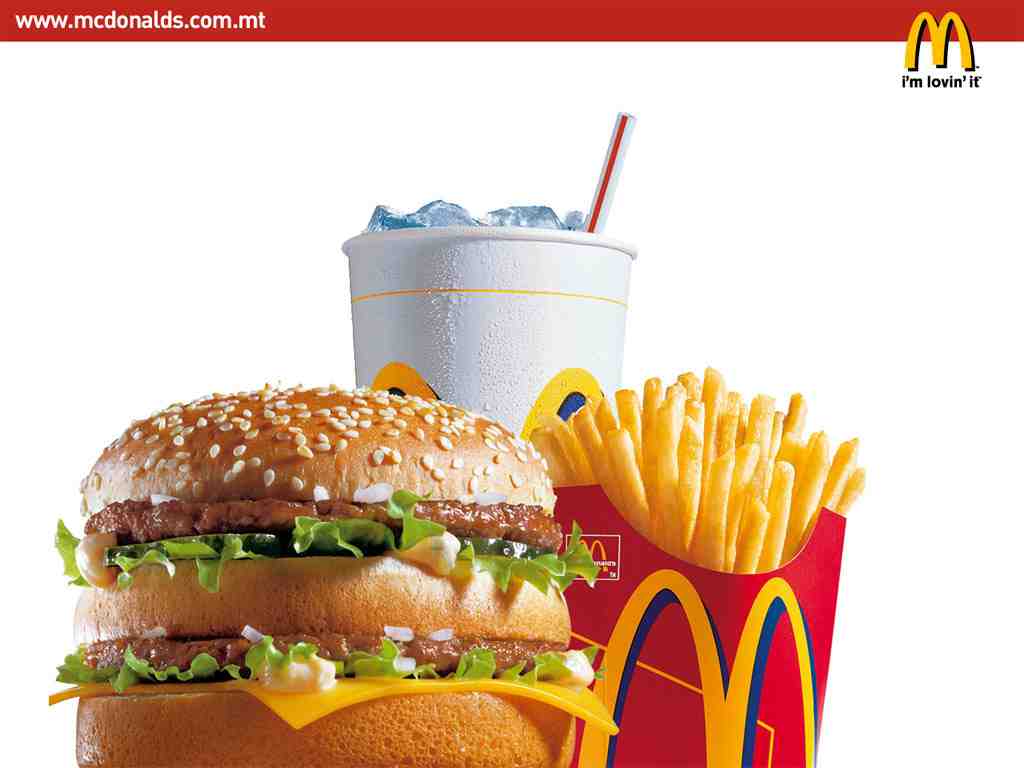
If you are a big fan of the ubiquitous double-decker burger, you should probably roll up your sleeves and give it a try in the cheapest location of all. Across 37 countries worldwide, Egypt is the cheapest place to get your Big Mac at only US$1.46 (LE27.49) compared to US$5 in the home of burgers, the United States, and US$4.51 in Canada, according to The Economist's burgernomics index for 2017.
Egypt's ranking actually dropped six places compared to January 2015 when it ranked seventh as living costs in Cairo were 51.9 percent cheaper than in New York.

According to the Raw Index, which compares Egypt's fair-value exchange rate with Egypt's gross domestic product per capita, the Egyptian currency is undervalued by 71.1 percent. US$1 is currently equivalent to LE18.77; however, if properly valued, the exchange rate should be around US$1 for LE5.43. This index does not take into consideration the gross domestic production (GDP) per person.
While the adjusted index said the Egyptian pound was undervalued by 48.5 percent, this index is a newer version The Economist introduced for the relationship between prices and GDP per person. It takes into account that prices are higher in Sweden, for example, but wages are higher there as well.
In November 2016, Egypt's central bank floated the Egyptian pound in an attempt to stabilize its economy, which has been hampered by a shortage of foreign currency. The local currency was initially devalued by 32.3 percent to about LE13 to the dollar, down from the previous exchange rate of LE8.8 to the dollar.
The Big Mac index was invented by The Economist in 1986 as a "lighthearted guide" to whether currencies are at their “correct” level.
It is based on the theory of purchasing-power parity (PPP), the notion that in the long run exchange rates should move towards the rate that would equalise the prices of an identical basket of goods and services (in this case, a burger) in any two countries. For example, the average price of a Big Mac in the US in January 2017 was US$5.06; in China it was only US$2.83 at market exchange rates. So the "raw" Big Mac index says that the yuan was undervalued by 44% at that time.
"Burgernomics was never intended as a precise gauge of currency misalignment, merely a tool to make exchange-rate theory more digestible," The Economist said. Yet the Big Mac index has become a global standard, included in several economic textbooks and the subject of at least 20 academic studies.




